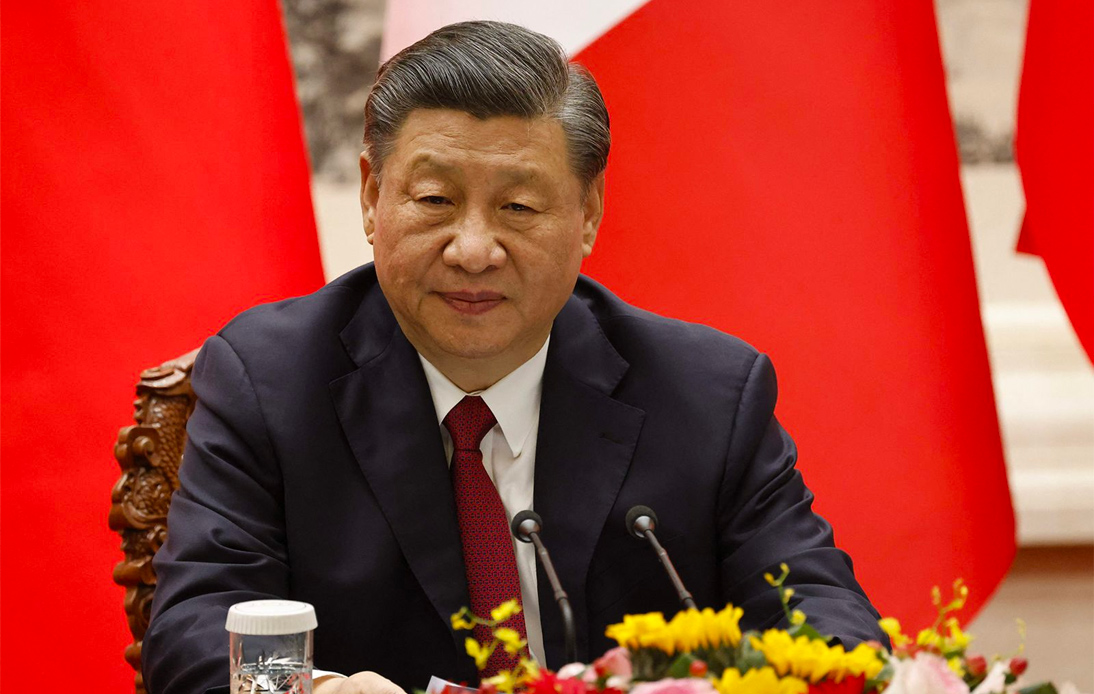
Xi Jinping, the leader of China, has urged his high-ranking national security officials to anticipate “worst case” situations and brace for “stormy seas,” as the governing Communist Party steps up actions to confront presumed internal and external threats.
“The complexity and difficulty of the national security issues we now face have increased significantly,” Xi announced on Tuesday at the National Security Commission gathering of the party, as reported by the state media agency Xinhua.
“We must adhere to bottom-line thinking and worst-case-scenario thinking, and get ready to undergo the major tests of high winds and rough waves, and even perilous, stormy seas,” he further elaborated.
Amid an array of challenges including a weak economy and what is perceived as a growingly increasing international climate, Xi, who is the strongest Chinese leader in years, has issued these stern directives.
Confronting what he dubbed a “complex and grave” situation, Xi declared that China needs to hasten the advancement of its national security framework and abilities, particularly focusing on improving their practical efficiency in “actual combat and practical use.”
He also recommended that China continue to build a national security risk surveillance and early warning system, bolster national security education, and improve the handling of data and AI security.
Since his rise to power ten years ago, Xi has made national security a central principle that permeates all aspects of Chinese governance, according to specialists.
Xi has broadened the notion of national security to encompass various sectors including politics, economy, defense, culture, ecology, and cyberspace. Its reach spans from the deep ocean and polar areas to space, as well as big data and artificial intelligence.
Under Xi’s concept of “comprehensive national security,” China has implemented numerous laws to safeguard against perceived threats.
These include legislation on counter-terrorism, counter-espionage, cybersecurity, foreign non-governmental organizations, national intelligence, and data security.
Most recently, it expanded its comprehensive counter-espionage law to include any “documents, data, materials or items related to national security and interests” in addition to state secrets and intelligence.
“Xi’s PRC emphasizes national security, with a growing focus on coordinating security and development,” wrote Bill Bishop in the Sinocism newsletter, referring to the People’s Republic of China.
In Hong Kong, Beijing implemented a comprehensive national security law to stamp out dissent following massive democracy demonstrations that disturbed the city.
The belief that security has taken precedence over economic growth in Beijing’s priorities is further reinforced by recent multiple investigations into foreign businesses, including the American consulting firm Bain & Company and the Mintz Group due diligence firm.
These investigations have alarmed international businesses during a time when the Chinese government is actively trying to attract foreign investment to rejuvenate an economy slowed by three years of zero-Covid restrictions.
In March, Chinese authorities arrested a Japanese employee of Astellas Pharma in Beijing on suspected spying charges – marking the 17th Japanese citizen detained in China since the counter-espionage law was implemented in 2014.
At Tuesday’s gathering, Xi advocated for China to proactively shape a “secured external environment” to better safeguard the country’s “opening up” and “promote the deep integration of development and security.”




















